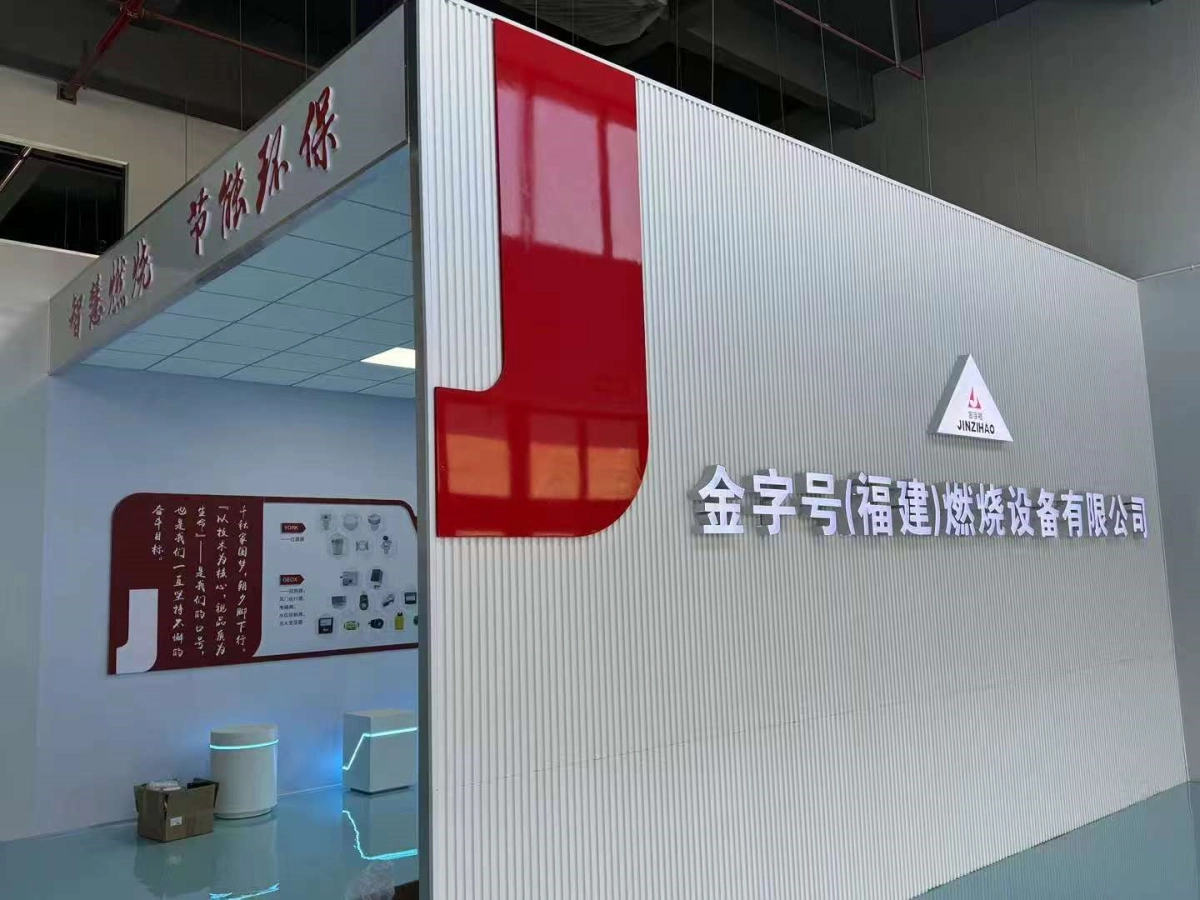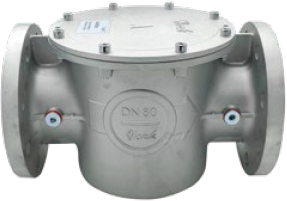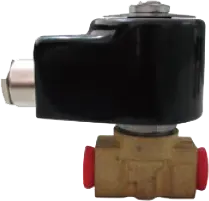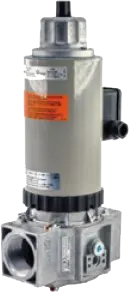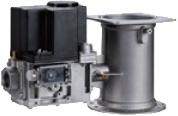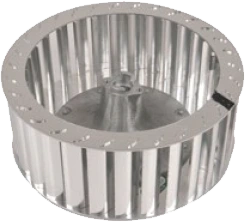09
2021
-
11
Burner Application Areas
Burners are essential components in various industrial and commercial applications, providing the necessary heat for processes ranging from manufacturing to energy generation. The versatility of burners allows them to be utilized in a wide range of settings, each requiring specific types of burners tailored to meet unique operational demands. This article explores the primary application areas of burners, examining their roles in industries such as manufacturing, power generation, food processing, and more.
**Burner Application Areas**
Burners are essential components in various industrial and commercial applications, providing the necessary heat for processes ranging from manufacturing to energy generation. The versatility of burners allows them to be utilized in a wide range of settings, each requiring specific types of burners tailored to meet unique operational demands. This article explores the primary application areas of burners, examining their roles in industries such as manufacturing, power generation, food processing, and more.
The manufacturing sector is one of the most significant areas where burners play a crucial role. In this domain, burners are employed for processes such as metal fabrication, glass production, and ceramics manufacturing. For instance, in metal fabrication, oxy-fuel burners are often used for cutting and welding metals. These burners produce high-temperature flames that can easily melt or cut through various metal materials. Additionally, in glass production, burners are used to maintain the high temperatures necessary for melting raw materials, ensuring the quality and consistency of the final product. The efficiency and precision provided by modern burner technologies are instrumental in enhancing productivity and reducing operational costs in the manufacturing industry.
Another critical application area for burners is power generation. In this sector, burners are integral to both traditional fossil fuel power plants and renewable energy facilities. In fossil fuel plants, burners are used to combust coal, natural gas, or oil, generating steam that drives turbines for electricity production. The efficiency of these burners directly impacts the overall efficiency of the power generation process. As the industry shifts towards cleaner energy sources, burners are also being adapted for use in biomass and waste-to-energy plants. These applications require specialized burners capable of handling various feedstocks while minimizing emissions and maximizing energy output. The ongoing development of advanced burner technologies is vital for achieving the sustainability goals of the power generation sector.
The food processing industry is yet another area where burners are extensively utilized. In this field, burners are employed in cooking, drying, and pasteurizing processes. For example, in commercial kitchens, gas burners provide the heat needed for cooking a wide variety of dishes, from grilling meats to simmering sauces. Additionally, in food processing plants, burners are used in equipment such as ovens and dryers to ensure efficient cooking and drying of products like grains, fruits, and vegetables. The precise control of temperature and flame provided by modern burners is essential for maintaining food safety and quality standards. Moreover, as the demand for energy-efficient cooking and processing methods increases, the food industry is exploring innovative burner designs that reduce energy consumption while maintaining performance.
The chemical industry is another significant application area for burners. In this sector, burners are used in various processes, including combustion, heating, and drying of chemical products. For instance, in the production of petrochemicals, burners provide the necessary heat for cracking processes, where larger hydrocarbon molecules are broken down into smaller, more useful ones. Additionally, burners are utilized in the drying of chemicals, ensuring that moisture is removed efficiently without compromising the quality of the product. The development of specialized burners that can operate with different fuels and handle specific chemical processes is crucial for enhancing the safety and efficiency of operations in this industry.
In the realm of environmental applications, burners are increasingly being employed in waste management and pollution control. For example, in incineration facilities, burners are used to combust waste materials, reducing their volume and minimizing the environmental impact of landfills. These burners must be designed to achieve high combustion temperatures and ensure complete combustion, thereby reducing harmful emissions. Furthermore, in industries where volatile organic compounds (VOCs) are present, regenerative thermal oxidizers (RTOs) equipped with burners are used to destroy these pollutants before they can be released into the atmosphere. The role of burners in waste management and environmental protection is becoming more prominent as regulations surrounding emissions and waste disposal tighten.
In addition to these primary application areas, burners are also used in various other sectors, including aerospace, automotive, and HVAC systems. In aerospace, burners are utilized in the testing of engines and propulsion systems, where precise heat generation is required. In the automotive industry, burners are employed in processes such as forging and heat treating of components. Furthermore, in heating, ventilation, and air conditioning (HVAC) systems, burners provide heat for residential and commercial heating applications. The diversity of burner applications across multiple industries highlights their importance in modern society.
In conclusion, burners are indispensable tools in a multitude of application areas, each with its specific requirements and challenges. From manufacturing and power generation to food processing and environmental protection, the role of burners is critical in ensuring efficiency, safety, and sustainability. As technology continues to advance, the development of innovative burner designs and applications will be essential in meeting the evolving demands of various industries. The future of burners will likely involve increased integration of automation and digital technologies, further enhancing their performance and capabilities across diverse sectors.
Related news









